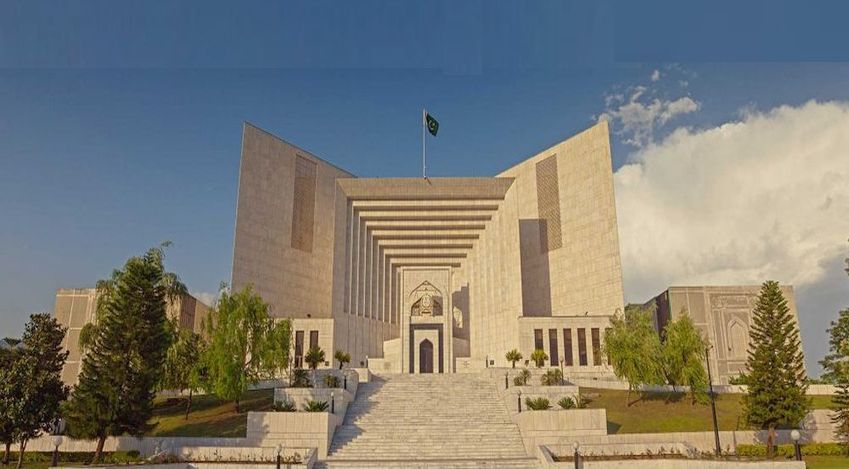Allegations of Defection must be Substantiated with Clear Evidence and adhere to Constitutional Safeguards --- Supreme Court of Pakistan Restores appellant’s National Assembly Membership due to Procedurally Flawed and lacked Legal Substantiation in ECP Findings
Islamabad 13-12-2024: The Supreme Court of Pakistan, in a significant ruling, allowed appeals filed by Adil Khan Bazai, overturning the Election Commission of Pakistan’s (ECP) decision to disqualify him for alleged defection from his political party, Pakistan Muslim League (Nawaz) [PML(N)]. The judgment restores Bazai’s membership in the National Assembly, designating him as an independent member rather than part of the PML(N) Parliamentary Party.
A three-member bench comprising Mr. Justice Syed Mansoor Ali Shah, Ms. Justice Ayesha A. Malik, and Mr. Justice Aqeel Ahmed Abbasi delivered the verdict in [Civil Appeals No. 1507 and 1508 of 2024]. The appeals were filed against the ECP’s order declaring Bazai’s defection based on allegations made by the PML(N) Party Head. The Court set aside the ECP’s findings, citing insufficient confirmation of the defection declaration.
The Court held that the ECP’s declaration lacked legal substantiation and procedural adherence. As a result, the previous disqualification was invalidated.
Adil Khan Bazai’s membership of the National Assembly from constituency NA-262 has been reinstated. However, the Court clarified that he would serve as an independent member, not affiliated with the PML(N) Parliamentary Party.
This judgment underscores the judiciary’s role in safeguarding democratic representation and ensuring procedural justice. It reinforces the principle that allegations of defection must be substantiated with clear evidence and adhere to constitutional safeguards, particularly those under Article 63A of the Constitution of Pakistan.
Powered by Froala Editor








